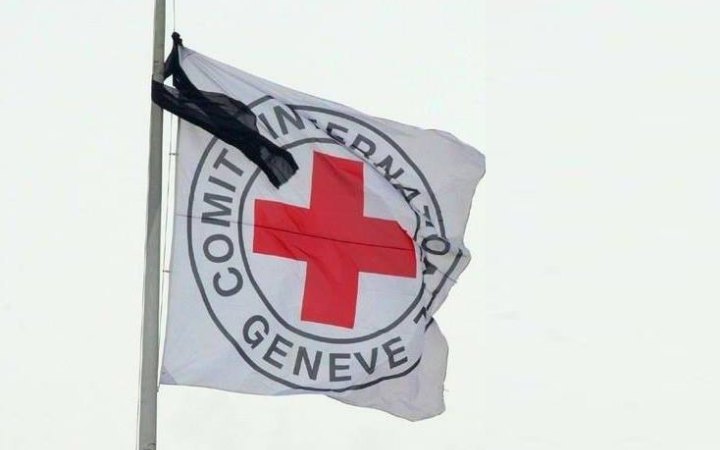The International Federation of the Red Cross has refused to expel the Russian Red Cross from its membership. Ukraine plans to appeal to the organisation's donors about the scandalous decision.
This was reported by the Verkhovna Rada Commissioner for Human Rights Dmytro Lubinets.
The Ombudsman has repeatedly appealed to the leadership and representatives of the Federation of the Red Cross regarding the behaviour of the Russian society. The Ombudsman provided arguments and facts about their alleged crimes and demanded a transparent investigation into the actions of the Russian Red Cross and its expulsion from the Federation.
‘To this end, in April, the IFRC set up a Board Supervisory Group to investigate the activities of the Russian Red Cross. Two weeks after the creation of this Board, I met with IFRC President Kate Forbes, to whom I handed over all official documents and materials confirming the alleged crimes of the Russian Red Cross. Now, the Federation has published a report on the activities of the Red Cross, which does not take into account any of them,’ Lubinets said.
The report of the Red Cross, in particular, states that the organisation has actually recognised the occupation of Crimea, Donetsk, Luhansk, Kherson and Zaporizhzhya Regions by the TOT. The text confirms that the Russian Red Cross has visited the temporarily occupied territories of Ukraine. However, the Red Cross should only work on its own territory.
‘This is a violation of the Federation's charter by the RRC, as well as a violation of Ukraine's territorial integrity. The Federation justified such actions by ‘innovative approaches’ and ‘humanitarian’ goals,’ the ombudsman said.
The report does not contain information that the Russian Red Cross stole property of the Ukrainian Red Cross in the temporarily occupied Crimea. Although criminal proceedings have even been opened over this fact.
The Red Cross also failed to condemn the Russian Red Cross' involvement in the deportation and forced displacement of Ukrainian children and their militarisation. The text does not say a single word about the cooperation of the RRC with the occupation camp Artek, whose director was sanctioned for his involvement in the deportation of Ukrainian children.
Lubinets emphasises that despite the fact that the President of the IFRC had all this information, it was not taken into account. The report also says that the Russian Red Cross remains in the IFRC, and its head is on the Federation's board.
‘I am now launching a campaign to inform all donors who fund the Federation. International partners should pay attention to the fact that they are contributing to an organisation that covers up Russian crimes. I believe that all funding from the IFRC should be used to finance the National Red Cross Society of Ukraine and implement additional programmes to protect Ukrainians,’ the ombudsman said.
Lubinets stressed that the IFRC has turned into ‘a lawyer for the bloody Russian Red Cross. Anyone who protects a criminal becomes a criminal himself!’








